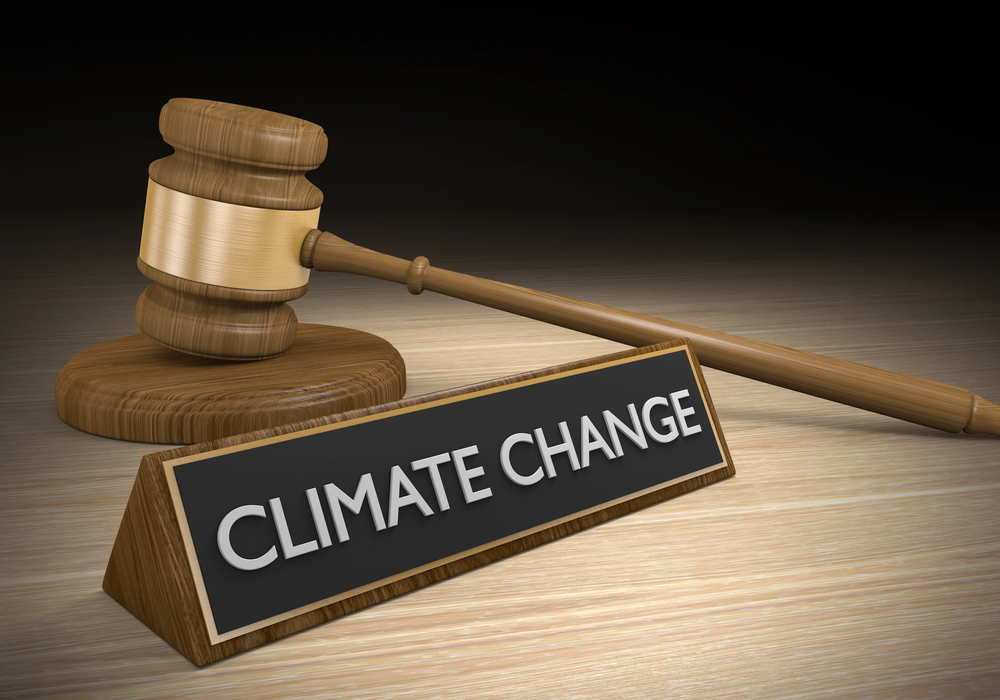
What if the world’s highest court just gave climate activists and lawyers the strongest weapon yet to hold polluters accountable? That’s what occurred when the International Court of Justice (ICJ) ruled, in a far-reaching advisory opinion, that a “clean, healthy and sustainable environment” is not merely an aspirational policy aim it’s an inherent human right. This is not just a legal milestone; it’s a seismic change in the climate accountability landscape, unlocking new opportunities for litigation, activism, and on-the-ground change.
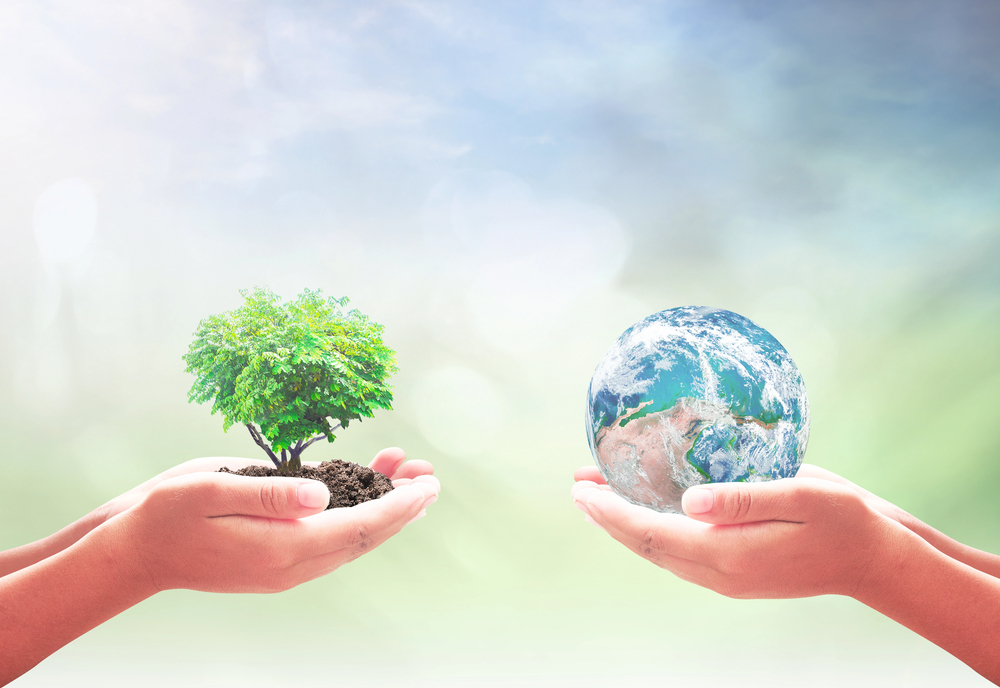
1. The Human Right to a Healthy Environment: Now Set in Stone
For the first time ever, the ICJ left no room for ambiguity: safeguarding the climate is a matter of law, not an optional act. ICJ President Yuji Iwasawa came straight out and said it: “Greenhouse gas emissions are unequivocally caused by human activities and have cross-border effects.” The Court’s ruling is more than 500 pages long, but the message is clear states have a duty to safeguard both individuals and the natural world, for “present and future generations.” It’s not just a moral imperative; it’s a legal requirement that can be applied by courts and activists around the globe. As Mary Robinson, former UN human rights chief, commented, “This is a gift from the Pacific and the world’s youth to the global community, a legal turning point that can accelerate the path toward a safer, fairer future.”
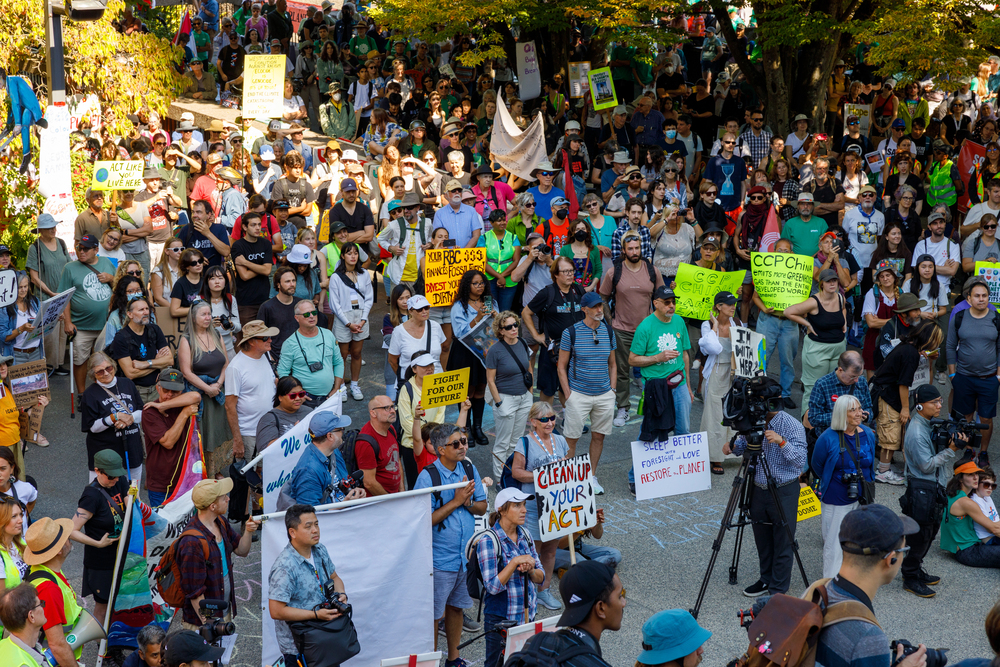
2. Vanuatu, Pacific Youth, and the Power of Grassroots Legal Action
This groundbreaking opinion didn’t come from nowhere. This was after relentless advocacy by Pacific island law students and the government of Vanuatu before the UN General Assembly, compelling it to come seeking the guidance of the ICJ. Vishal Prasad of Pacific Islands Students Fighting Climate Change has described the judgment as a life line for such communities on the front lines as they said today: “The world’s smallest countries have made history.” The ICJ ruling brings us one step closer to a world where governments can no longer afford to turn a blind eye to their legal obligations. The message? Grassroots judicial action can move mountains and courts.
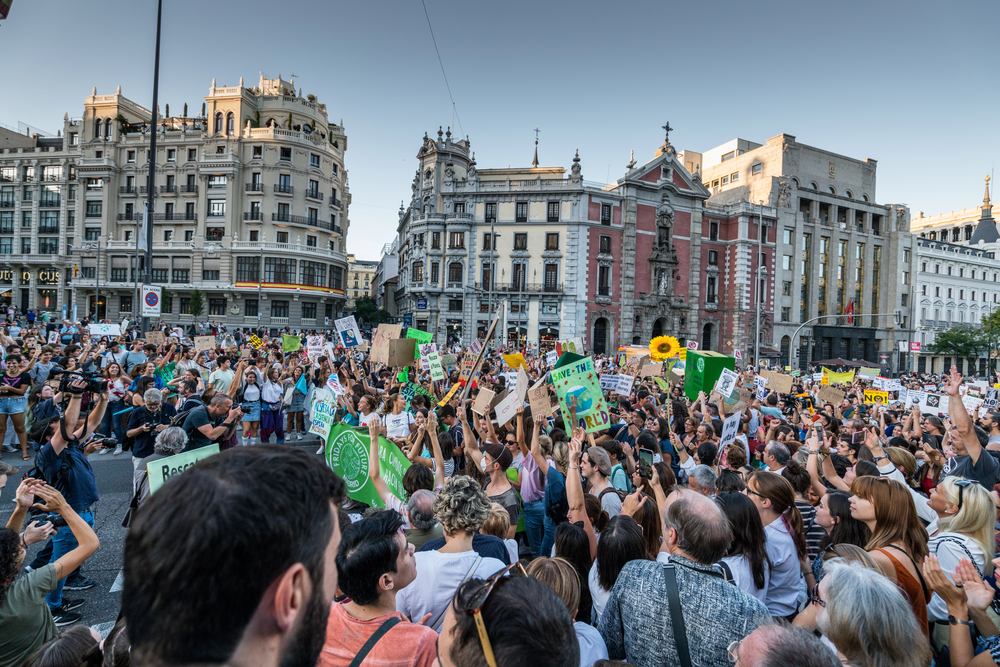
3. The Global Chorus: Advisory Opinions from Everywhere
The ICJ opinion is part of an increasing tide of global climate decisions. Earlier this month, the Inter-American Court of Human Rights (IACtHR) released its own blockbuster advisory opinion, reiterating that “the right to a healthy climate falls within the scope of human rights protections.” The International Tribunal for the Law of the Sea (ITLOS) has previously spoken up, and the African Court on Human and Peoples’ Rights is now chiming in. Every court is echoing the message: climate justice is a human right, and states need to act accordingly. These rulings don’t merely establish moral principles they create a legal blueprint for climate action and accountability.
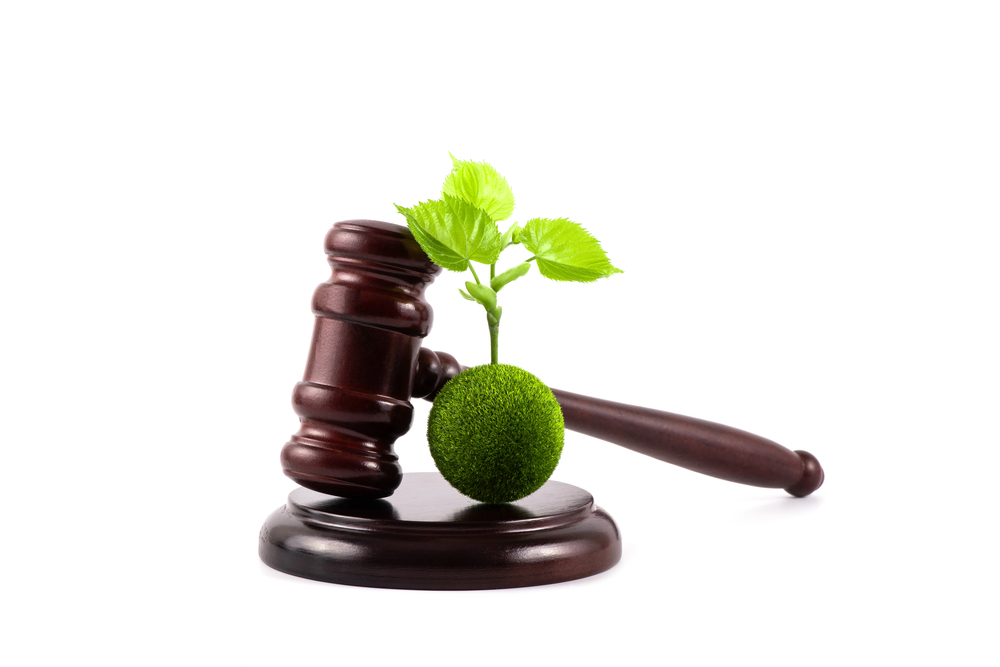
4. From Advisory to Action: How These Rulings Shape National Policy
While ICJ advisory opinions are technically non-binding, their influence is beyond question. They encapsulate current law, not merely hopes, and are likely to be cited in subsequent litigation and political bargaining. Joana Setzer of the Grantham Research Institute refers to the ICJ opinion as a “turning point for litigation,” writing that its “authoritative interpretation of governments’ legal duties will be an important tool for domestic courts, litigants and advocates working to hold governments to account.” Already, climate litigation is exploding with more than 3,000 cases opened in almost 60 nations.

5. Pathways for Citizen Engagement: Turning Legal Tools into Real Change
This new legal clarity is enabling more individuals than ever before to act. As climate justice cases triple globally, youth, Indigenous peoples, and frontline communities are using these decisions to advocate for increased protections and reparations. Courts in nations such as India and Switzerland have established environmental rights as inherent, and creative legal principles such as “water justice” and rights of nature are gaining momentum. The ICJ opinion reinforces these tendencies, making it increasingly difficult for governments and companies to avoid accountability.
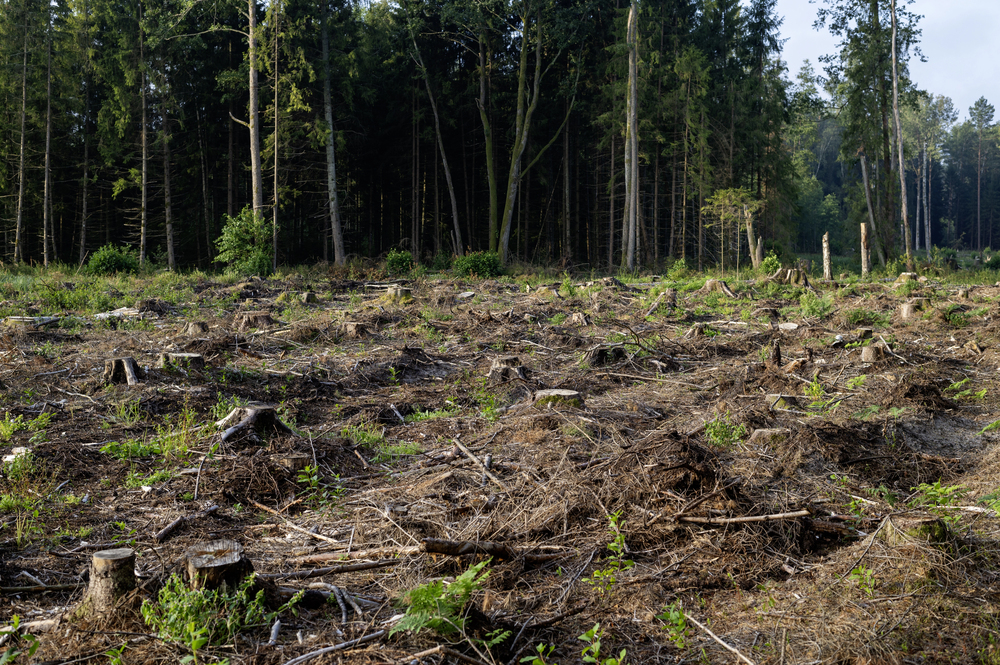
6. Reparations, Loss, and Damage: New Era of Accountability
One of the most revolutionary points of the ICJ opinion is on reparations. The Court cautioned that “adverse impacts and loss and damage will escalate with every increment of global warming,” and made it clear that states that were not complying with their obligations could be exposed to legal claims for compensation. This is in line with the demands of vulnerable countries for a strong loss and damage fund a matter that persists, as existing pledges are far from the hundreds of billions required by 2030. According to Joie Chowdhury of the Center for International Environmental Law, “Past emissions matter. That must be recognized and repaired.”
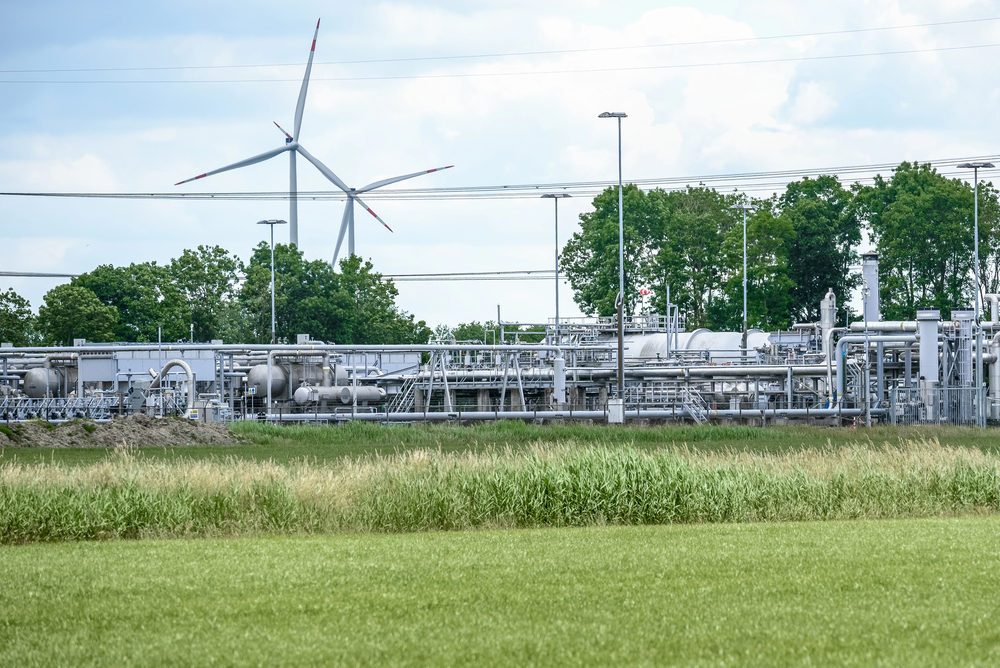
7. Corporate Accountability and the End of Empty Pledges
The ICJ was not only targeting governments. It directly targeted corporate actors, declaring that states legally hold private sector actions, which are detrimental to the climate, liable. This implies tighter control of fossil fuel extraction, subsidies, and emissions, and an explicit responsibility to eliminate climate-destroying activities. As one lawyer summarized, “It’s a signal to close the era of empty promises.” The decision provides campaigners with a fresh weapon to fight both state and corporate inaction.

8. The Future: A Legal Blueprint for Climate Justice
The ICJ ruling is already influencing the agenda for future global talks, such as COP30 in Brazil. It sets a clear standard for what international law demands, making it more difficult for nations to take refuge behind voluntary actions. The opinion is likely to “bolster climate-justice aligned positions” in treaty negotiations and encourage new lawsuits calling for true accountability. As Kanni Wignaraja of the UNDP explained, Judicial systems are emerging as climate action players, with potential to help address climate migration, indigenous rights, financing and weather event liabilities.
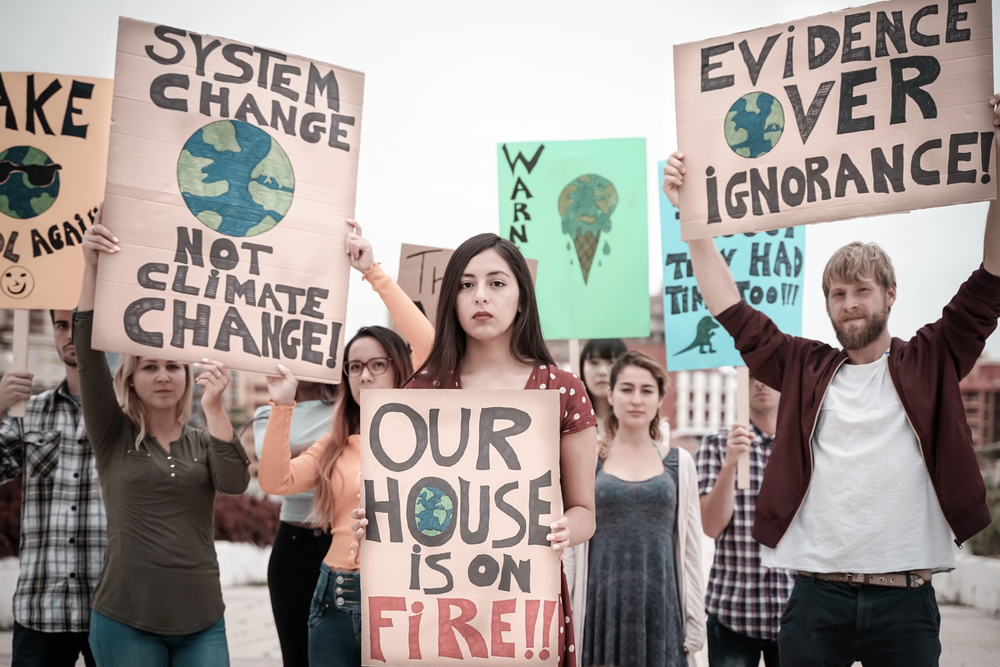
The world is holding its breath as courts enter the climate space not as observers, but as drivers of a more just, sustainable world. For lawyers and activists, the message is clear: the law is now squarely with climate justice. The next page is in the hands of those willing to wield it.


